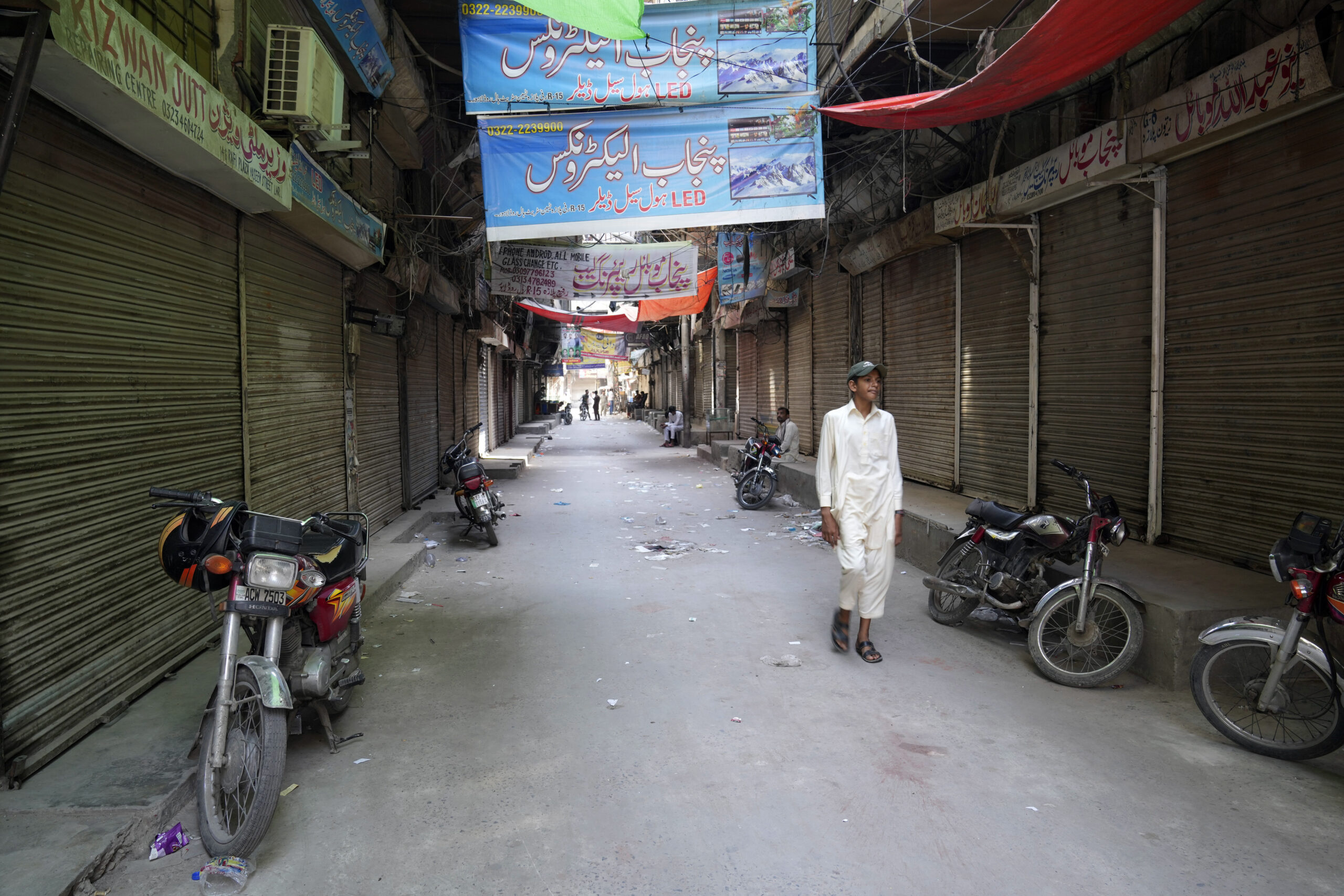In a unified stand against the imposition of taxes, various sectors across parts of Malakand Division have announced a shutter-down strike. The Chemist and Druggists Association, alongside traders and private educational institutions, have declared their support for the protest, highlighting their dissatisfaction with government policies.
The announcement came following a meeting chaired by Bacha Munir Yousafzai, where members vehemently opposed the government’s taxation plans. As a result, all medicine markets in key areas including Timergara, Chakdara, Samarbagh, Munda, Khall, Lal Qila, and Talash are set to remain closed on Tuesday.
Moreover, the Private Education Network (PEN) has joined the cause, declaring the closure of all private schools and colleges for the day. This decision underscores the widespread discontent among educational institutions regarding the proposed taxes.
The strike also received backing from the legal fraternity, as bar councils in the region announced their support by boycotting court proceedings.
These collective actions reflect a growing frustration among various sectors over the government’s fiscal policies. The demand for the authorities to address the soaring prices of essential drugs has been reiterated, emphasizing the impact of such policies on the general populace.
Meanwhile, the political landscape also witnessed notable commentary from Jamaat-i-Islami provincial chief Prof Mohammad Ibrahim. In his address, he likened the Pakistan Democratic Movement (PDM) and Pakistan Tahreek-i-Insaf (PTI) to two sides of the same coin, citing their purportedly similar policies and failures in addressing critical issues such as inflation, unemployment, and insecurity.
Furthermore, Prof Ibrahim reiterated JI’s stance of not forming alliances with any political party, emphasizing the party’s commitment to raising voices against societal issues and upholding constitutional supremacy.
In a related development, JI announced plans for a significant ‘Gaza March’ on May 19 in Peshawar, underlining their continued efforts towards advocating for the rights of the people.
As the strike unfolds, all eyes remain on the government’s response to the growing dissent, with stakeholders across various sectors demanding meaningful dialogue and concrete measures to address their grievances.
